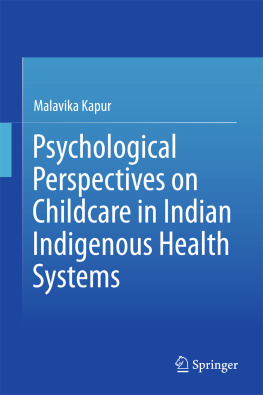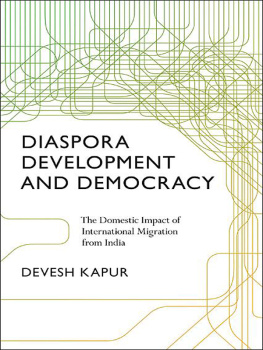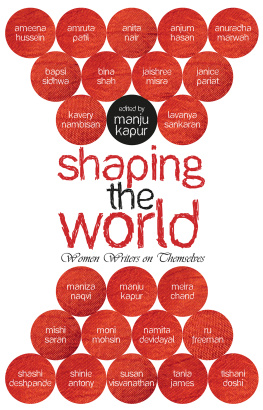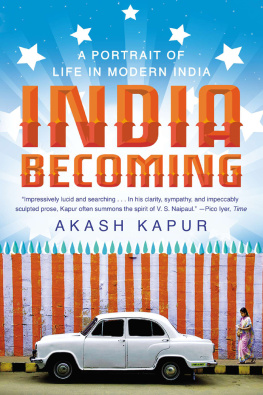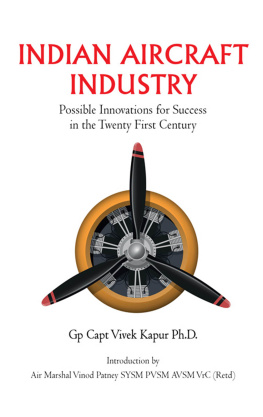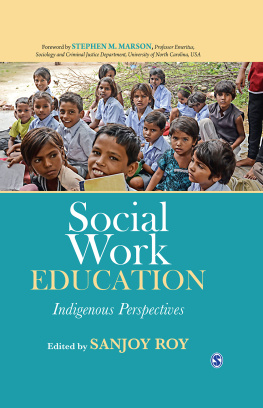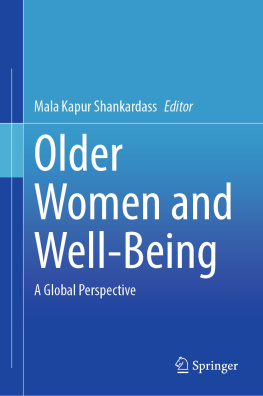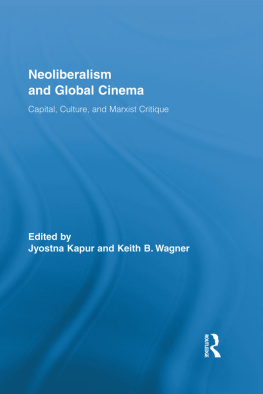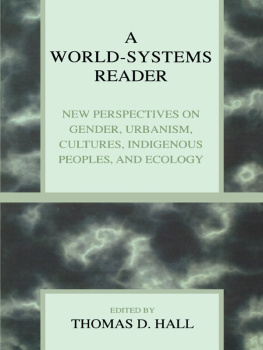1. Introduction: Indigenous Healthcare Systems in India
In most ancient civilisations, healing practices were inextricably woven into religious practices of the geographic regions. Pre-scientific healing practices before Hippocrates adopted deities from Greek mythology and Ayurveda from Hindu mythologies and Vedic practices. These date back to 2000 BC. With the advent of Christianity, the ancient religions as practised across the world were pejoratively labelled pagan or heathen religions.
The first dramatic shift from archaic religious medicine occurred at the time of Hippocrates (460377 BC), who completely discarded religious practices. He is considered to be the father of modern medicine in Europe and the Middle East. However, the real break from religion came in the nineteenth century with the discovery of anaesthesia and microorganisms as causes of diseases. There were many other advances leading to a further shift from the humoral theories of Hippocratean medicine. Medical practice across the world was strongly influenced by missionary endeavours and colonisation, often replacing indigenous healing and religious practices with European medicine. This led to the rapid spread of modern medicine outside of Europe. It is interesting to note that Unani is the forerunner of modern medicine as it combined the Arabic and the Hippocratean systems. Hence, Unani has no religious underpinning. On the other hand, Ayurveda, Siddha and Tibetan medicine continue to be influenced by the original religious leanings and practices. The blend is most prominent in Tibetan medicine, followed by the Siddha system and then Ayurdeva. For example, the origins of the three systems are attributed to divinity. They were Brahma for Ayurveda, Shiva for Siddha (see footnote 2) and The Buddha for Tibetan medicine.
Medicine in India can be traced back to the four Vedas (the Rigveda , Yajurveda , Samaveda and Atharva veda). Vedic medicine was a combination of religious, magical and empirical medicine. Indian philosophy and early medical schools probably emerged around the seventh century BC, starting with the Upanishads. Around the sixth century, religious reform movements such as Buddhism and Jainism reinforced the notion of karma, which found expression in medical doctrines as well. Thus, the early history of medicine was inseparable from the practice of religion.
On the other hand, modern Western psychology, drawing mainly from philosophy, has always been anchored to the Cartesian dualism of the body and the mind. Scientific parsimony and specialisation are considered essential for scientific advancement. In contrast, the ancient Indian approach is holistic. It proposes that the universe and man within it function as an interactive and a dynamic system.
In the contemporary world, three major areas of psychology have indicated the coming of age in adopting holistic approach in psychology. These are developmental psychology, health psychology and positive psychology. These three newer trends are embedded in the Ayurveda system of healing in the Indian tradition from antiquity.
Developmental psychology is the longitudinal study of the entire life span of an individual. The salient features of developmental psychology are:
(ii)
Focus on developmental continuities and discontinuities;
(iii)
Sensitivity to the contexts in terms of gender, social class, culture and other proximal and distal variables;
(iv)
The perspective that bio-psycho-social variables interact in a dynamic yet holistic manner and determine the individuals behaviour.
Health psychology as a subdiscipline of psychology emerged only in 1978 in the West, out of the work of Logan Wright (cf. Kadzin ). Over the years, the dualism of body and mind has been perpetuated by medical technology. Mechanistic approaches, though they have been successful in conquering acute infections, have failed in addressing problems of chronic diseases such as cardiac disease, stroke, cancer, diabetes and HIV/AIDS. This has been more so in the case of prevention. By the late 1960s and early 1970s the need for a comprehensive and holistic approach to the diagnoses, treatment and prevention of the chronic diseases was evident.
In 1948, the World Health Organization (WHO) defined health as A state of complete physical, mental and social wellbeing and not merely absence of disease and infirmity. In 1983 there was a proposal to include spirituality as the fourth dimension, which was not accepted. In the following 15 years a resolution was framed by the World Health Assembly to add the spiritual dimension to the definition of health. John Paul-Vader ().
The history of science and medicine in India has evolved in a totally opposite direction in comparison with Western science and medicine. By adopting multiple approaches, medicine has evolved through a cross-fertilisation of disciplines naturally on the Asian soil, whereas super-specialisation is the hallmark of the Western approach. Philosophy and psychology were abandoned fairly early in the current medical practice. Simple paradigms of scientific parsimony dictated developments in medicine as well as in scientific research and practice.
In the indigenous medical systems, five elements and three humours with associated psychological traits have been pivotal to the understanding of health and disease. These are very essential to the analysis of the phenomenology, aetiology, diagnosis and treatment in indigenous systems. These constructs led to healthcare approaches where multiple symptoms caused by multiple causes lent themselves to multiple treatments. The treatments too focused not only on drugs but also on the individuals psychological and constitutional predispositions, lifestyle, diet and exercise and, most importantly, the mind. It was an entirely holistic approach in attempting to understand and assimilate complex interactions.
The models developed in the Western world require simple, clear and quantifiable units that can be studied empirically or experimentally, while the Eastern postulates may appear nebulous and unfit for scientific studies using Western scientific methodology. The scientific methodology is highlighted in the major medical text: The Charaka Samhita (C.S.), adopting the Nyaya philosophy, has laid down the following as the ground rules of scientific approach in Ayurveda. Though there is no specific mention, it has been extensively used in ancient Ayurvedic literature (Gopinath ). There are four methods of acquiring knowledge as prescribed in the Ayurveda:
The testimony of scriptures or word from the authoritative source ( shabda pramana ).
Direct perception or examination ( pratyaksha ). It has components of cognition, soul, senses, mind and sense objects, soul and mind do not find mention in nyaya philosophy but are part of the Ayurveda system.
Inference (anumana). Inference relates to the past, present and the future and is of three types: (a) relation to past: inference of the cause from effect (e.g., intercourse and resulting in pregnancy) (b) relating to future: fruits from the seeds, and (c) inference in generalrelating to the present, e.g., inferring fire from the smoke. The inference of karma, carried on from past birth, too, is subscribed to by testimony and inference.

